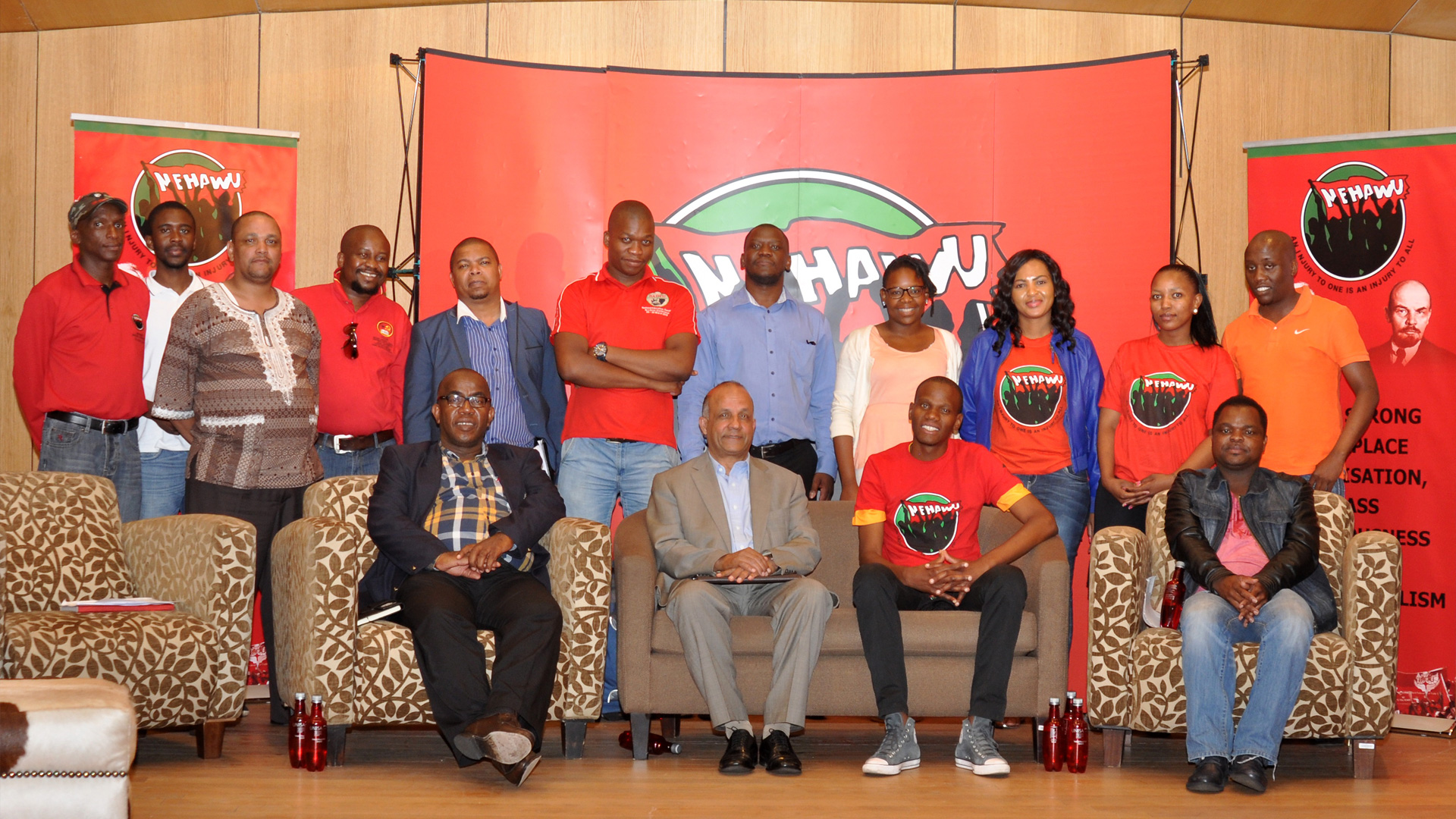We built this University
Although Unisa’s official histories have focused largely on its leading academics and administrators, Unisa could never have functioned, and could not function today, without its ‘ordinary people’ — the cleaners, groundskeepers, drivers, technicians, secretaries, junior academics, student representatives and countless others who have maintained the University’s momentum.
The interests of Unisa’s staff have, nevertheless, long been defended by trade unions and their student supporters. The most powerful union at Unisa is the National Education, Health and Allied Workers’ Union (NEHAWU), which was founded in 1987 towards the height of trade-union mobilisation against the apartheid government. NEHAWU is South Africa’s largest public-sector union and a close affiliate of the Congress of South African Trade Unions (COSATU). Unisa’s Academic and Professional Staff Association (APSA) is also a registered trade union and has, on occasion, supported NEHAWU during negotiations with Unisa’s management. Recognition agreements were signed with the three recognised Unisa unions in 1995.
In 2002, a Unisa landmark was renamed in honour of one such ‘ordinary person’. The Technical Services Building became the ‘RR Maluleka Building’ to acknowledge Ralph Maluleka, a Unisa mechanic and bus driver who was shot dead by police while apparently suffering a psychotic episode. Close to 50 members of Maluleka’s family, including his wife and parents, attended the renaming ceremony.
